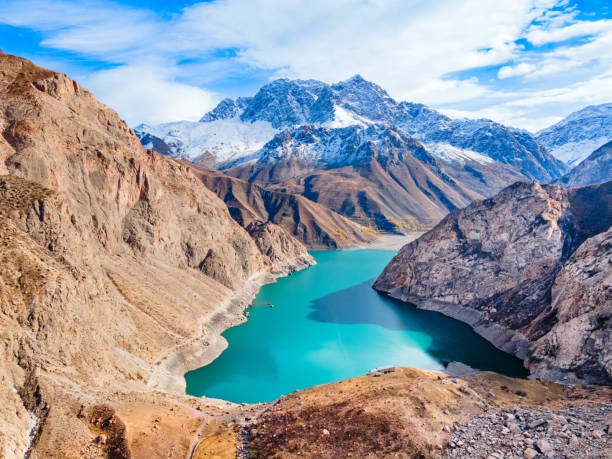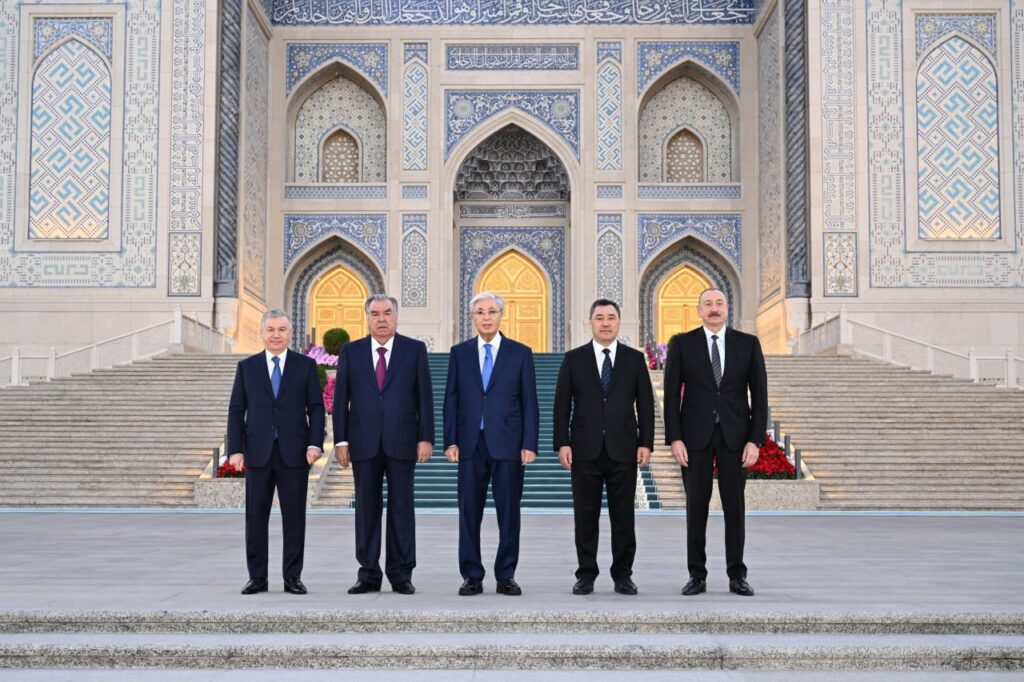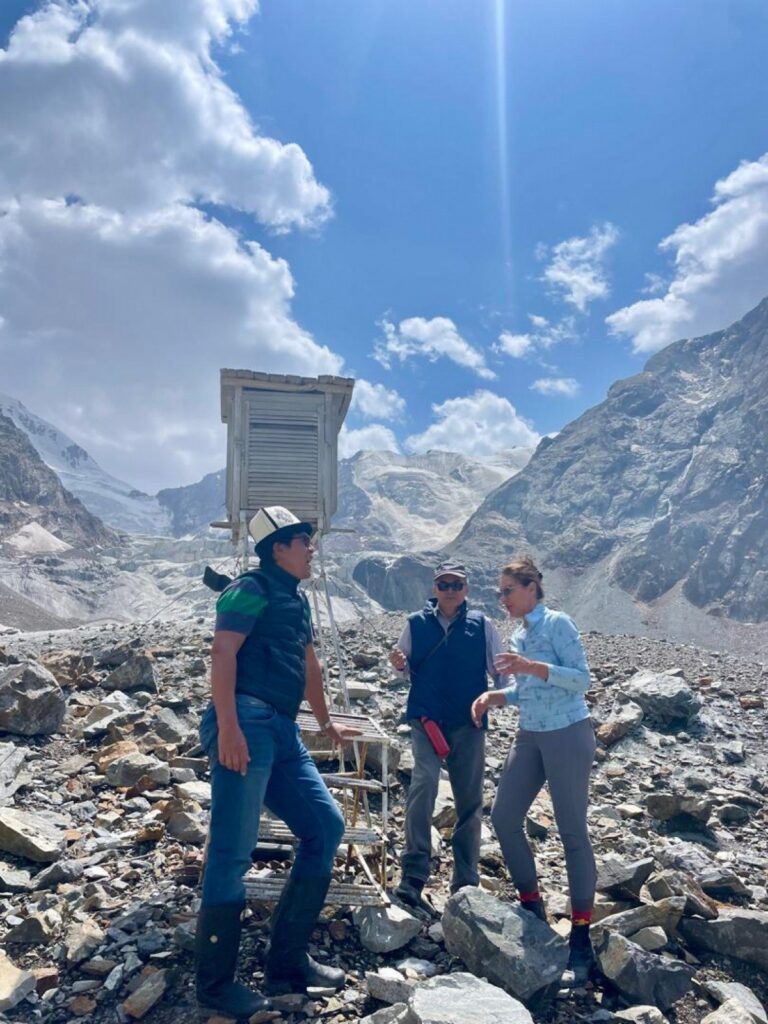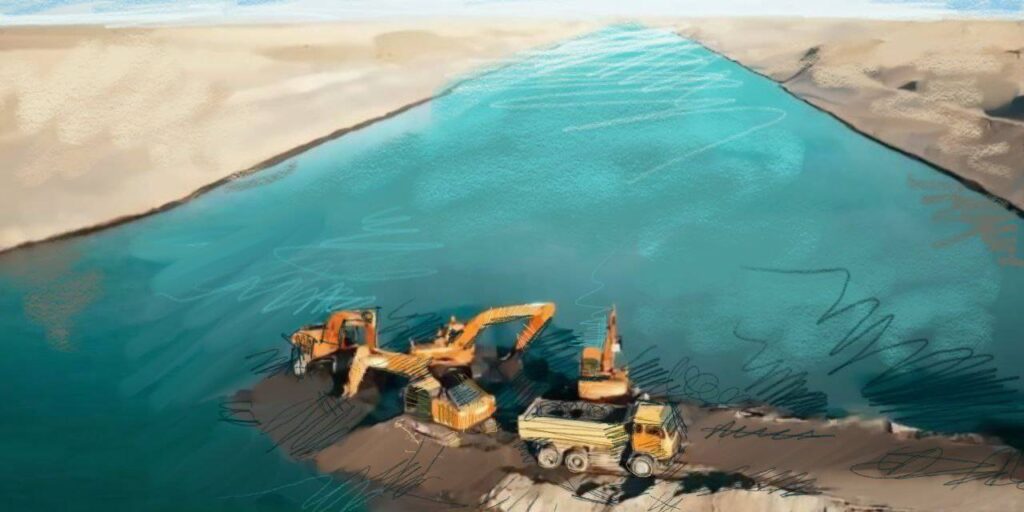Kyrgyzstan’s Ministry of Water Resources, Agriculture, and Processing Industry, with support from the World Bank, hosted a National Water Forum on November 29 to address the country’s water resource challenges. The forum focused on the impacts of climate change and strategies to preserve Lake Issyk-Kul, the country’s largest lake and a key tourist destination.
Lake Issyk-Kul is under significant threat due to climate change, overuse of natural resources, and ecosystem degradation. The most urgent issue is the declining water level, largely caused by the diversion of water from rivers that feed the lake. These rivers are heavily utilized for local irrigation and redirected to support agricultural needs in downstream Central Asian countries.
Government Action Plan
At the forum, Bakyt Torobaev, Kyrgyzstan’s Deputy Chairman of the Cabinet of Ministers and Minister of Water Resources, Agriculture, and Processing Industry, urged collective action to safeguard Issyk-Kul. “Climate change, growing water shortages, preserving the unique ecosystem of Issyk-Kul – all this requires us to make urgent and coordinated decisions,” Torobaev stated.
To address the issue, the Kyrgyz government has committed $392 million to stabilize the lake’s water level. Key measures include:
• Allocating $200 million to implement modern water-saving irrigation technologies on 100,000 hectares of farmland in the Issyk-Kul region. This initiative aims to reduce water losses and redirect water from local rivers back to the lake.
• Modernizing existing irrigation systems.
• Installing 2,200 automatic sensors to monitor and control water consumption.
These efforts are expected to redirect up to 200 million cubic meters of water to Lake Issyk-Kul.
Regional Cooperation
Torobaev highlighted Kyrgyzstan’s critical role in Central Asia’s water policy. “Kyrgyzstan plays a central role in Central Asia’s water policy, providing water and energy to neighboring countries. To maintain stability in the region, it is necessary to develop effective management of our waters, modernize infrastructure, and strengthen international cooperation,” he said.
He stressed that water should unite the region rather than divide it, emphasizing the need for cooperation based on mutual respect, equality, and recognition of each country’s role.
Torobaev also pointed to the joint construction of the Kambarata-1 hydropower plant by Kyrgyzstan, Uzbekistan, and Kazakhstan as an example of regional collaboration. This project aims to address shared water and energy challenges, paving the way for further cooperative initiatives in Central Asia.








